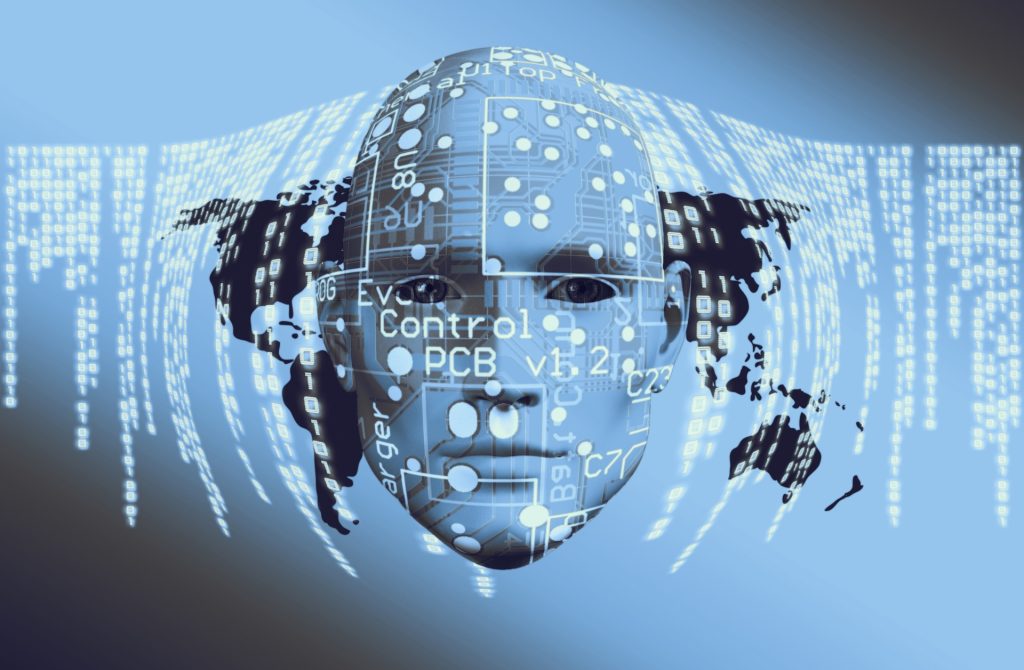In today’s digital landscape, the intersection of artificial intelligence (AI) and privacy has become a topic of increasing concern. As AI technologies continue to advance, the collection and analysis of personal data have become more pervasive, raising important questions about how we can safeguard our privacy in the age of algorithms. In this blog post, we’ll explore the key issues surrounding AI and privacy, and discuss strategies for protecting personal data in this rapidly evolving landscape.
The Data Dilemma

One of the fundamental challenges posed by AI is the massive amount of data required to train and improve algorithms. From voice assistants to recommendation systems, AI systems rely on vast datasets that often include sensitive personal information. This data can range from your online shopping history to your health records, and its collection can feel invasive.
To address this dilemma, organizations and policymakers must strike a balance between harnessing the power of AI and protecting individuals’ privacy. Transparency in data collection and usage, as well as user consent, are essential components of this equation.
The Role of Regulation
Governments around the world are recognizing the importance of regulating AI to ensure privacy protection. Initiatives like the General Data Protection Regulation (GDPR) in Europe and the California Consumer Privacy Act (CCPA) in the United States have introduced stringent guidelines for data handling. These regulations require companies to obtain explicit consent from users before collecting their data and grant individuals the right to access and delete their personal information.
Such regulations serve as a crucial safeguard against the potential misuse of personal data by AI systems and emphasize the importance of ethical AI development and deployment.
Ethical AI Practices
Ensuring privacy in the age of algorithms goes beyond regulatory compliance. Organizations must adopt ethical AI practices that prioritize user privacy and data security. This includes implementing robust encryption methods, anonymizing data whenever possible, and conducting regular audits to identify and rectify potential vulnerabilities.
Furthermore, companies should invest in educating their employees about the ethical implications of AI and data privacy. By fostering a culture of responsibility and accountability, organizations can help prevent data breaches and privacy violations.
Advancements in Differential Privacy

Differential privacy is an emerging field that offers a promising solution to the privacy challenges posed by AI. It allows organizations to analyze large datasets while preserving the anonymity of individual users. By adding noise to the data before analysis, differential privacy ensures that the results do not reveal sensitive information about any specific individual.
This approach enables researchers and organizations to gain valuable insights from data without compromising privacy. As differential privacy continues to evolve, it may become a standard practice in AI applications, ensuring that personal data remains protected.
User Empowerment
Ultimately, one of the most potent tools for protecting personal data in the age of algorithms is user empowerment. Individuals must be aware of the risks associated with sharing their data and take proactive steps to protect their privacy. This includes regularly reviewing privacy settings on digital platforms, being selective about the information they share, and using privacy-enhancing technologies like virtual private networks (VPNs) and ad blockers. In conclusion, the increasing integration of AI into our daily lives presents both opportunities and challenges for privacy. While AI has the potential to revolutionize various industries, it also raises significant concerns about data privacy and security. To address these concerns, a multifaceted approach is necessary, encompassing regulatory measures, ethical AI practices, advancements in privacy-preserving technologies, and individual empowerment. By working together, we can navigate the age of algorithms while safeguarding our most valuable asset – our personal data.

